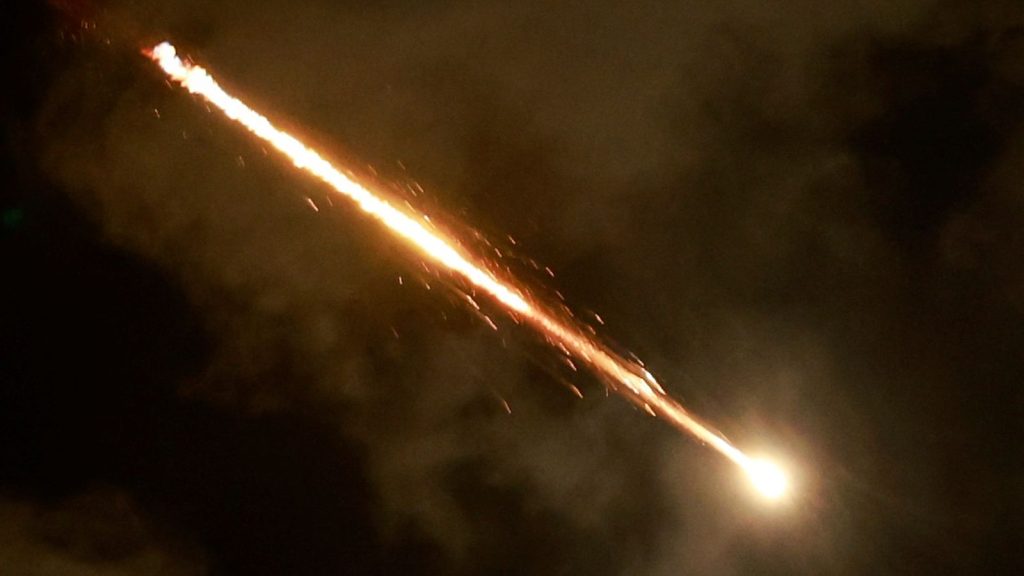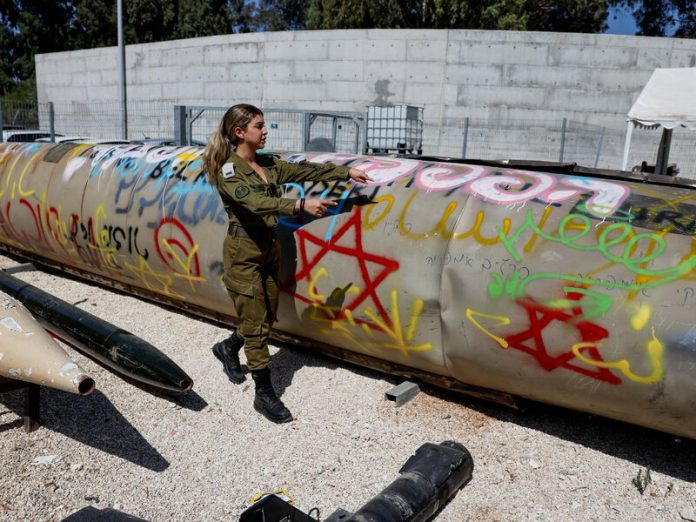Tensions in the Middle East have escalated once again, as Iran declared on Sunday that it has “no red lines” in defending itself. This declaration comes amidst rising anxieties over Israel’s potential retaliation for missile attacks carried out by Iran two weeks ago. Iranian Foreign Minister Abbas Araqchi made it clear that Iran is prepared to take strong defensive actions in the face of any strikes, signalling that Tehran would not absorb an Israeli assault without responding, as it had earlier this year. Araqchi emphasized Iran’s readiness in a social media post, stating, “We have no red lines in defending our people and interests,” even as efforts were being made to avoid all-out war in the region.
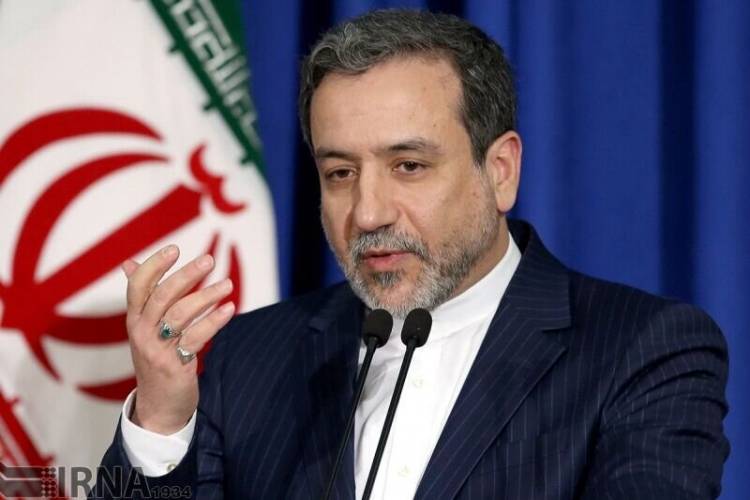
The missile exchange between Iran and Israel marks a significant escalation. On October 1, Iran launched more than 180 ballistic missiles toward Israel, heightening fears of broader regional conflict. While many of the rockets were intercepted by Israel’s advanced defence systems, a few managed to breach these defences, with one fatality reported—a Palestinian who was struck by debris in the West Bank. Israel’s Defence Minister, Yoav Gallant, responded by vowing that Israel’s retaliation would be “lethal, precise, and surprising.” This statement has left many wondering when and how Israel will respond, as the region braces for further conflict.
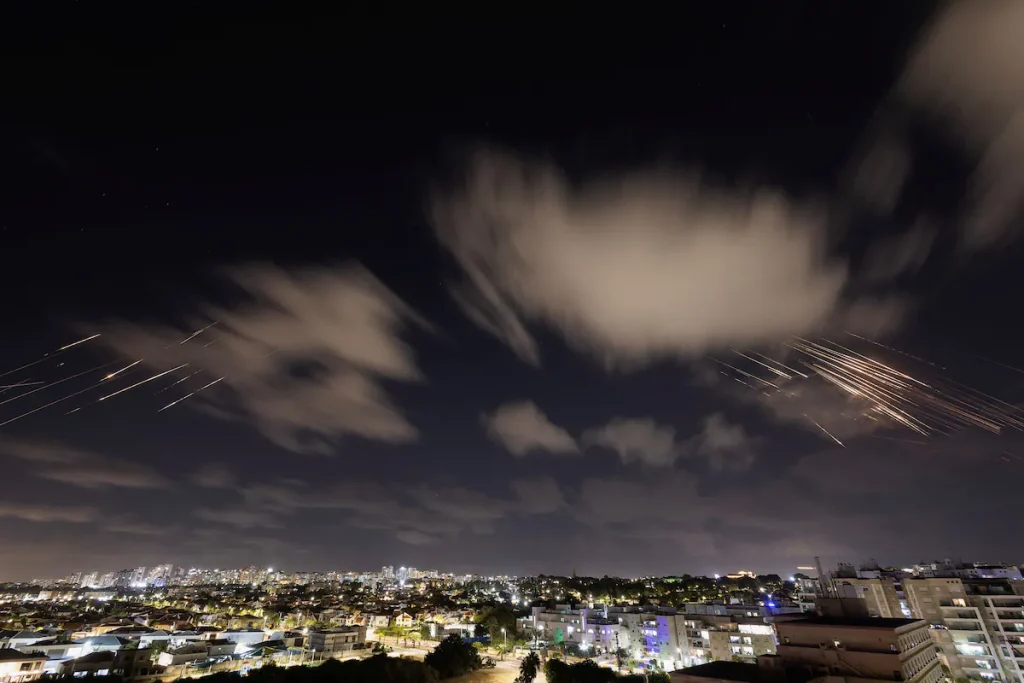
In light of the Iranian missile barrage, the Middle East remains on high alert, with fears of an even more widespread confrontation. Israel continues to battle Iran-backed groups, including Hezbollah in Lebanon and Hamas in Gaza, both of which have a history of violent confrontations with Israel. The involvement of these proxy groups adds another layer of complexity to an already volatile situation, as any further escalation could potentially lead to an all-out regional conflict. The prospect of Iran and its proxies being involved in a broader war is a significant concern for both regional and international actors.
Reports from U.S. officials suggest that Israel has been carefully planning its retaliation in response to Iran’s missile attack. According to a report on Saturday, Israel has narrowed down potential targets, focusing on military and energy infrastructure within Iran. However, there are no indications that Israel will target Iran’s nuclear facilities or engage in assassination attempts. These reports highlight the calculated nature of Israel’s response, which, while aiming to deliver a decisive blow, will likely avoid triggering an even larger confrontation.
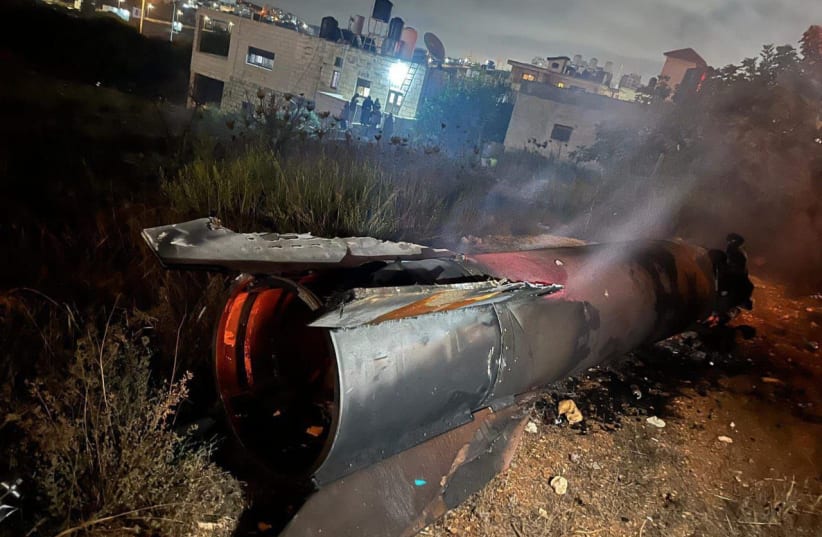
As the situation unfolds, the Middle East remains on edge. U.S. and Israeli officials have hinted that any Israeli response could take place at a moment’s notice, with previous speculation that it might occur during the Jewish Yom Kippur holiday. However, Yom Kippur came and went without any military strikes, leaving the region in a tense waiting game. For now, both sides appear locked in a high-stakes standoff, with the next move potentially shaping the course of regional stability in the months to come.
